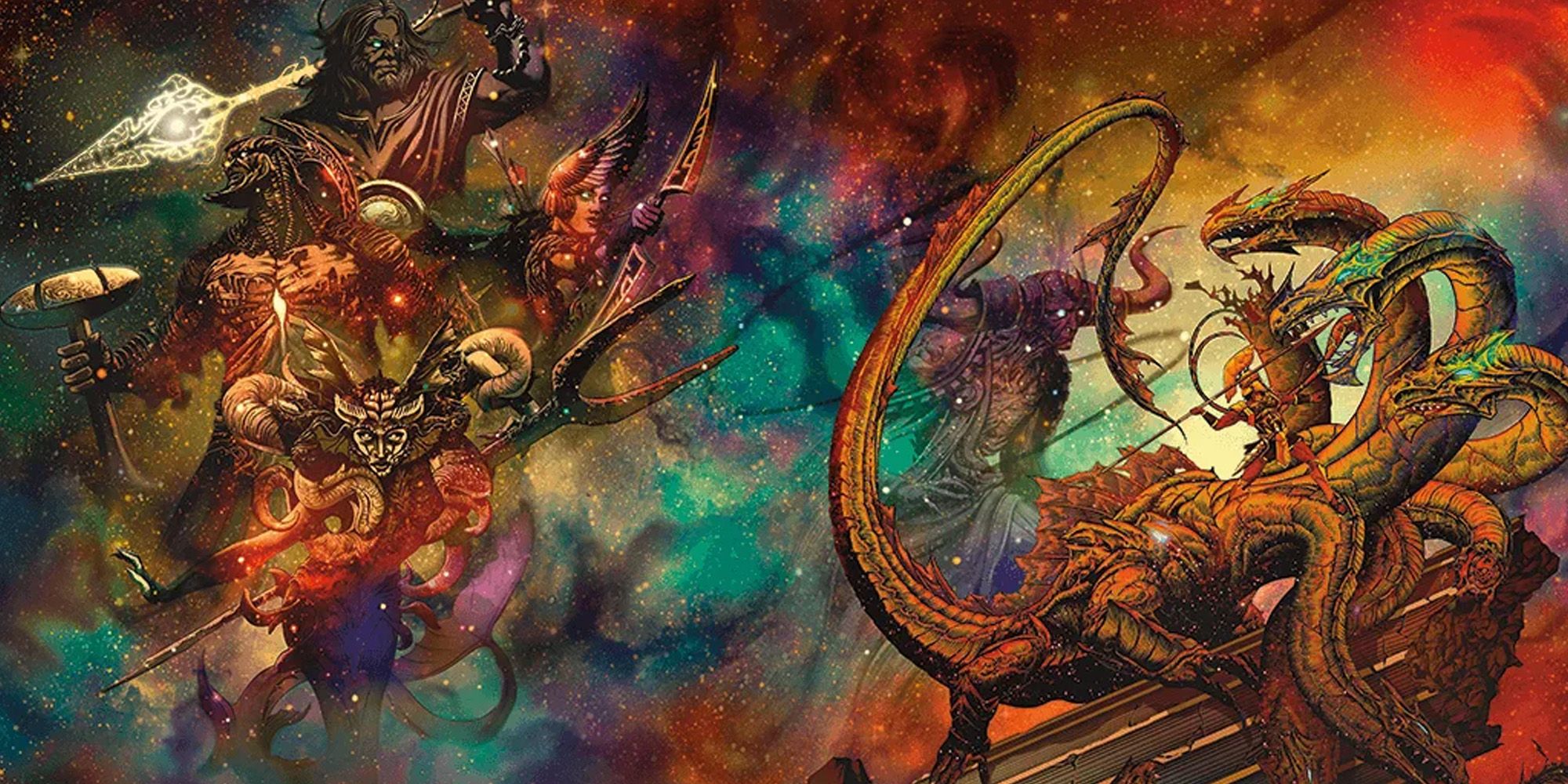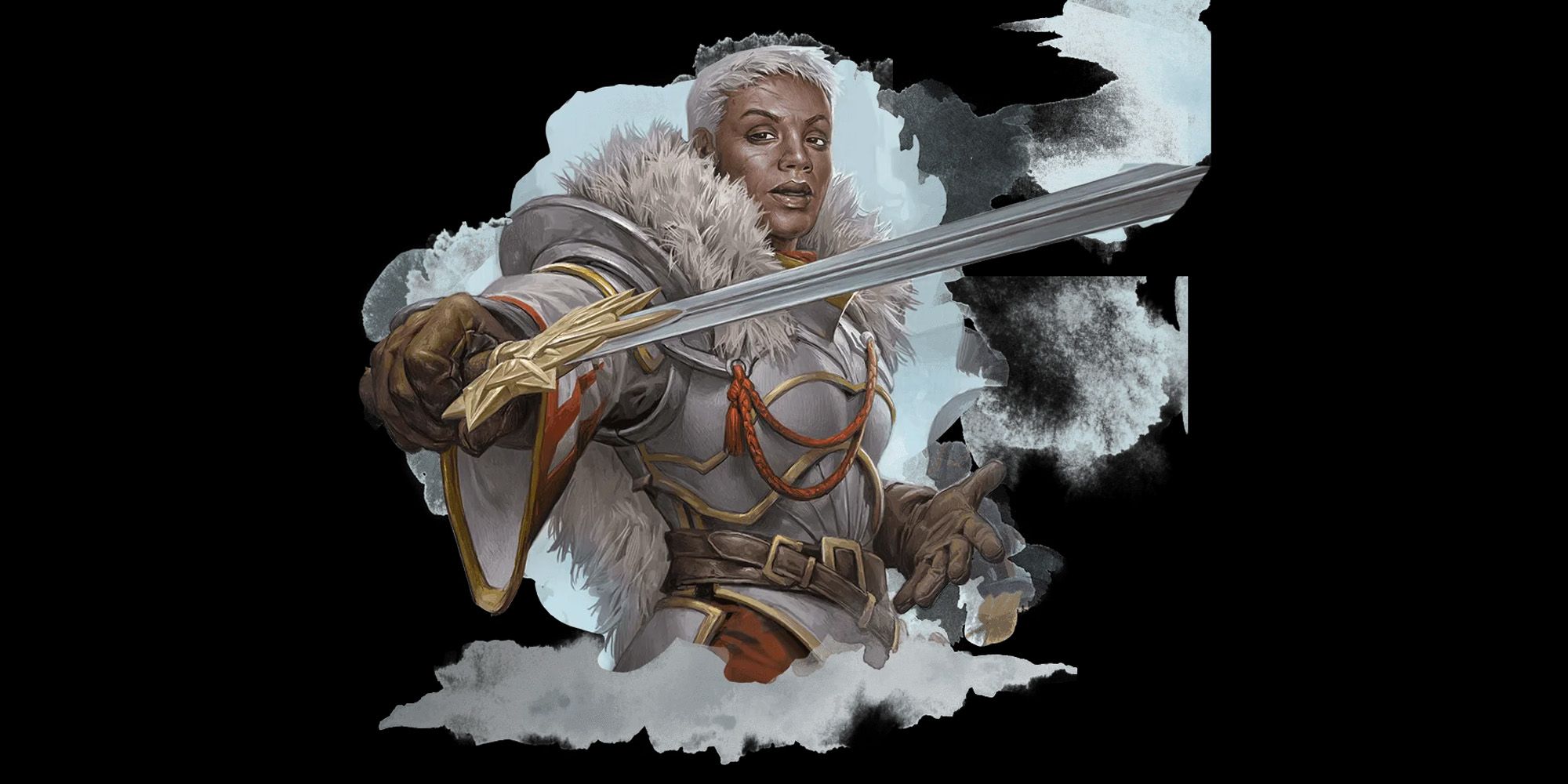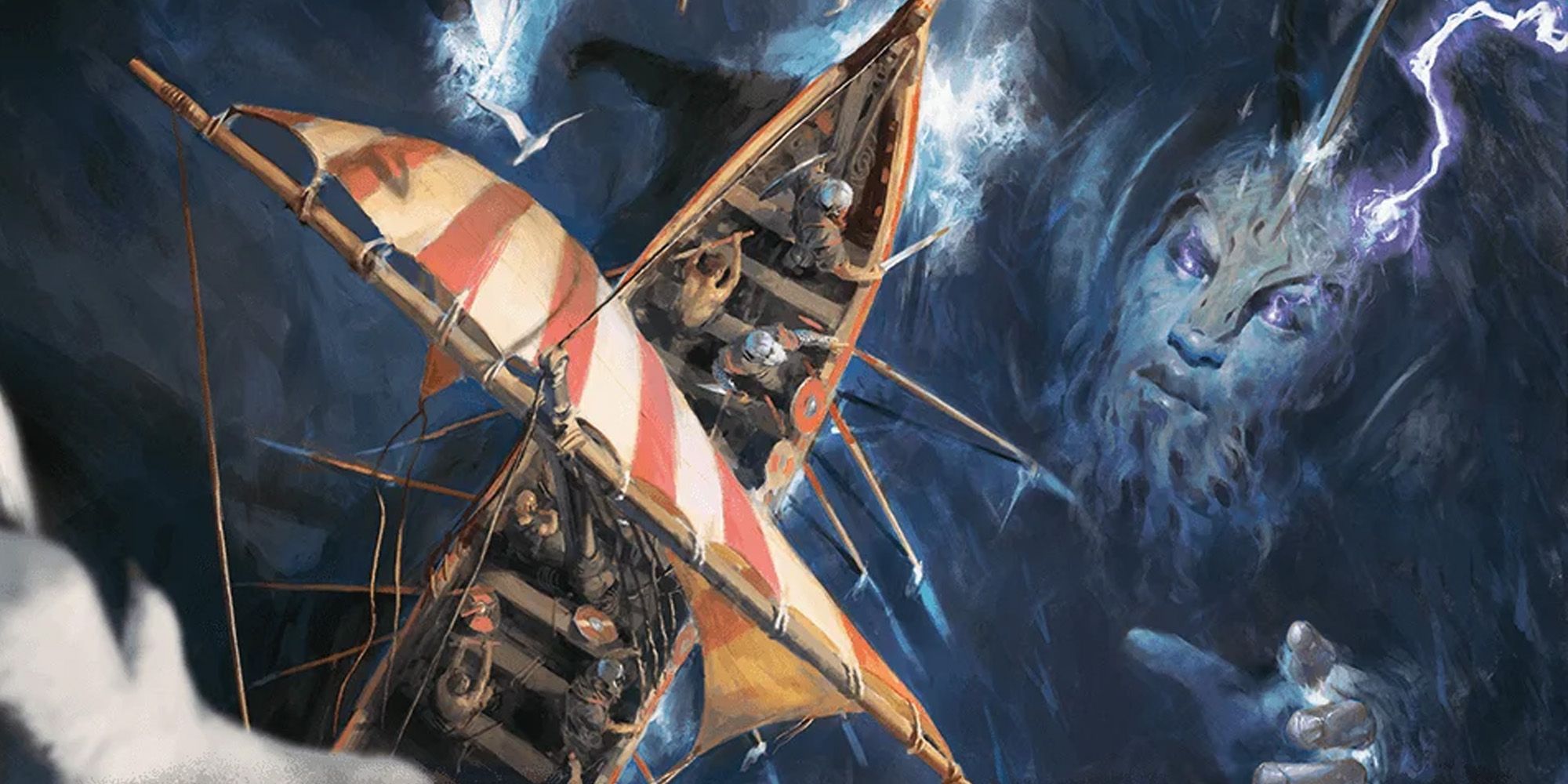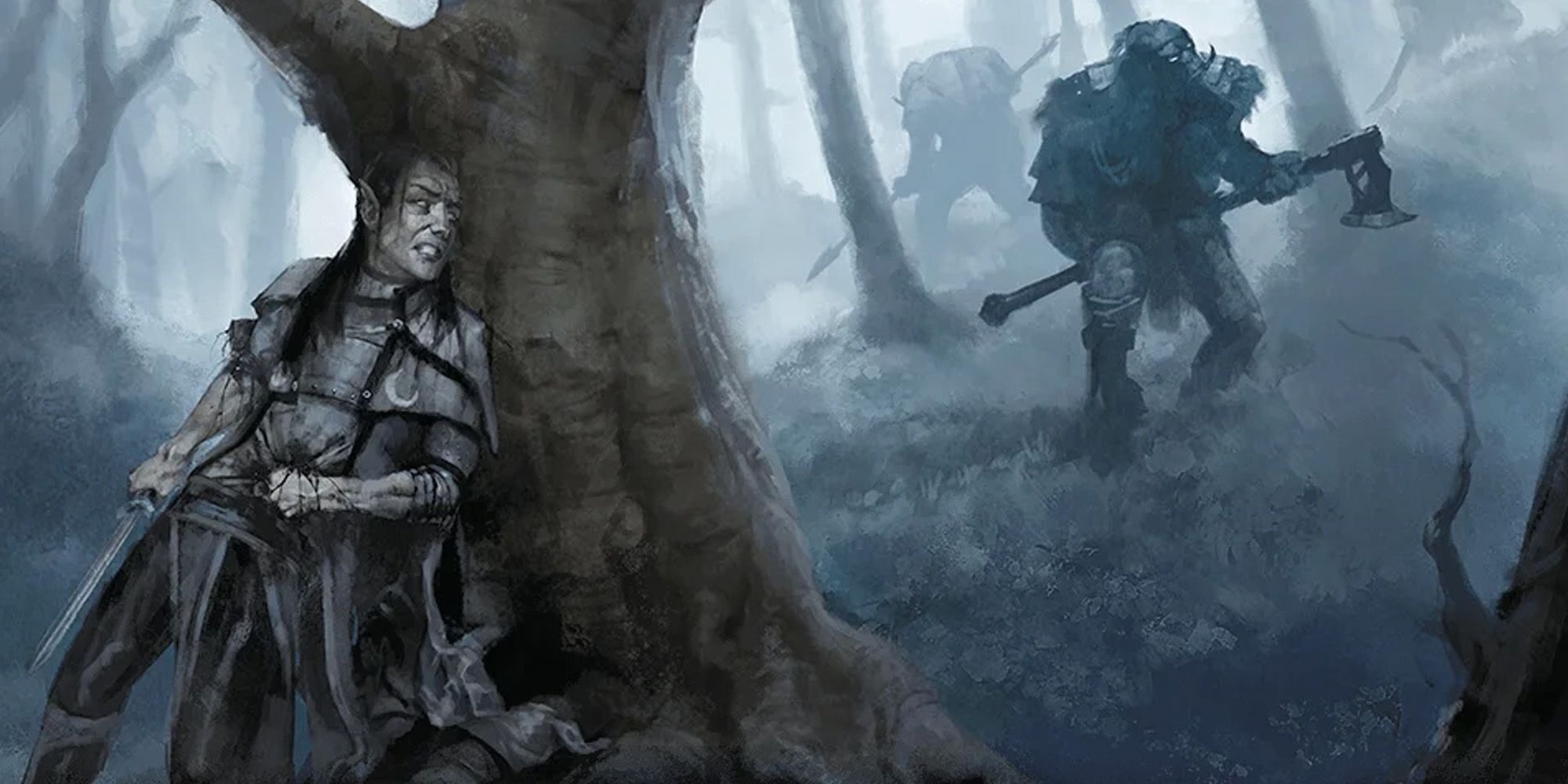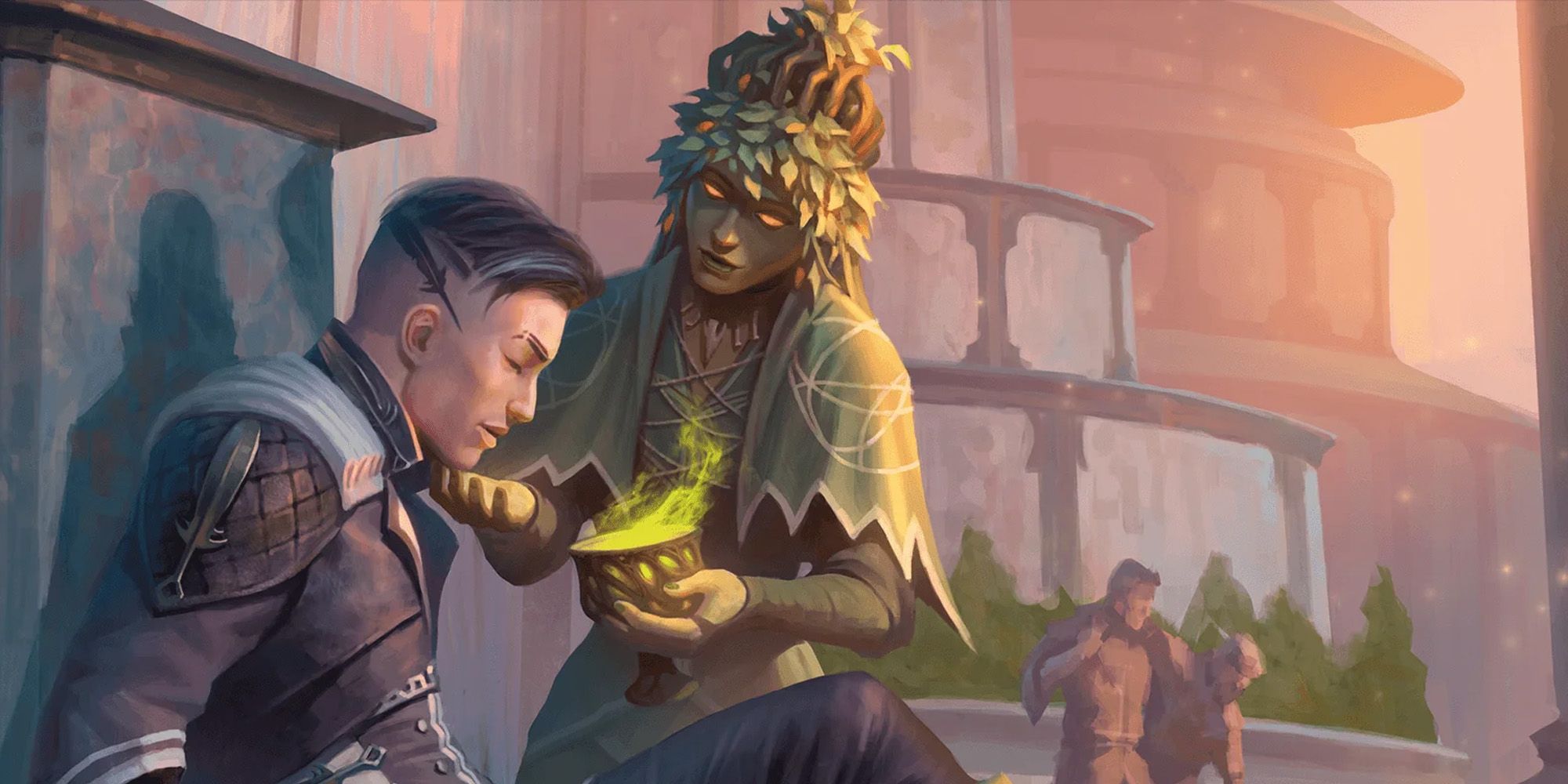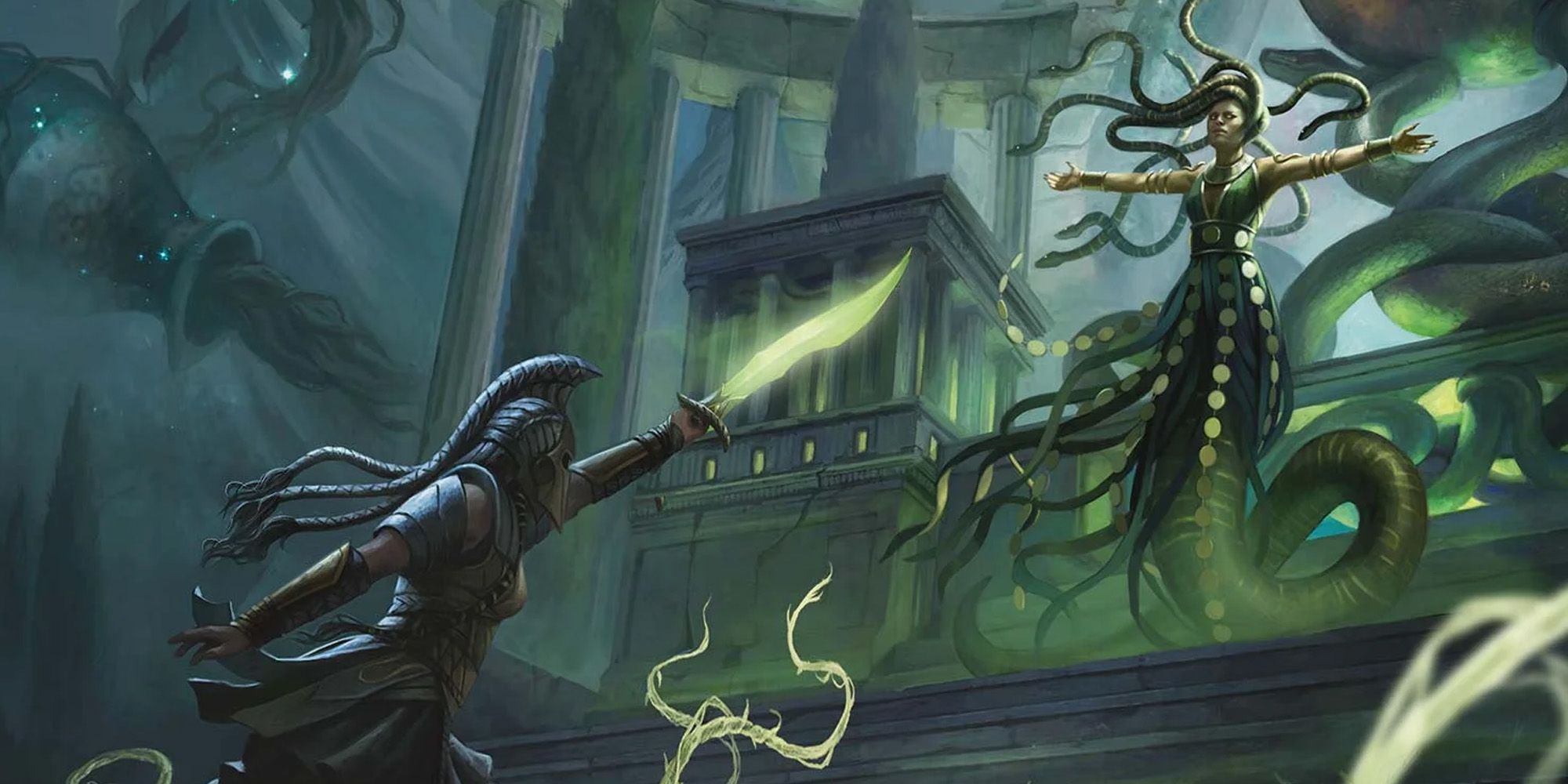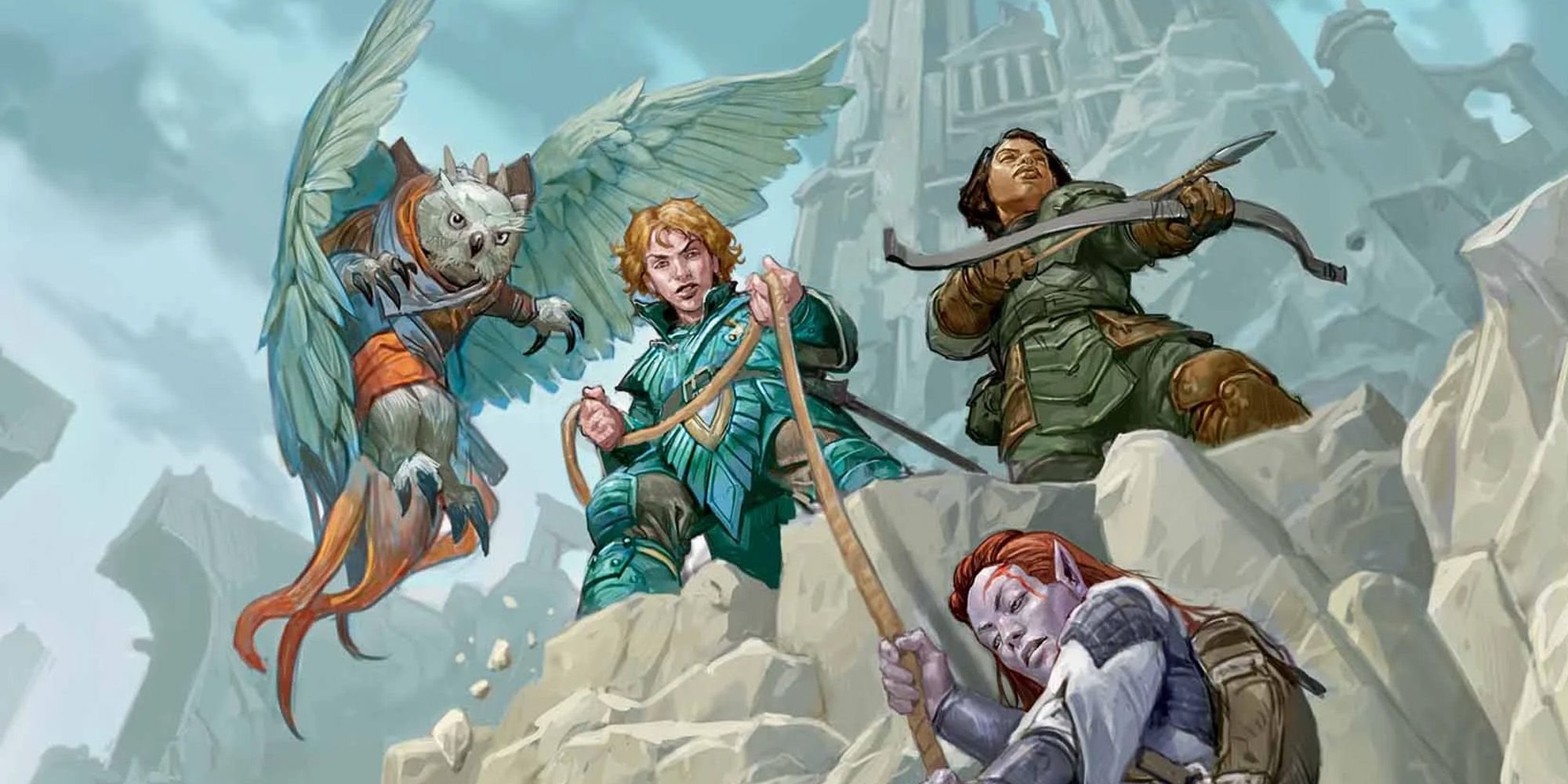Highlights
- Learn a character's abilities and spells to maximize their effectiveness in combat. Every little bonus can be lifesaving.
- Roll attacks in advance to save time during one's turn, but discuss it with the DM and stick with the rolls one gets.
- Coordinate with the team and consider their abilities to work together strategically, and always be cautious when facing unfamiliar creatures.
Whether players are enjoying a premade campaign, or playing in their Dungeon Master’s homebrew world, they will inevitably face countless difficult situations, many of which will involve combat. No matter what level they are, what magic items and boons they have, there will almost always be something bigger and more dangerous out there.

Dungeons & Dragons: 14 Tips For Writing Your Own Campaign
Playing Dungeons & Dragons offers an almost endless amount of possibilities. Writing your own campaign may seem daunting, but these tips can help.
It pays to be prepared, and players should do as much as they can to ready themselves and their characters for the challenges to come. While the DM might not be necessarily doing their best to defeat the players, they are roleplaying as the enemy.
1 Learn The Class
Especially Important For Spellcasters
The most important thing a player has in their arsenal is their character. The game has countless abilities, specific to race, class, and so on. As the players get more and more information, all the little attributes, bonuses, and perks can quickly get lost and forgotten.
Players should carefully read everything they have available, and do their best to understand exactly what their abilities, spells, and items do. After all, sometimes 1 hp could be the difference between a character’s life and death, and even the smallest bonus can truly be lifesaving.
2 Pre-Roll For Attacks
To Make Everything Just A Little Easier And Quicker
While this is more about general table optimization, this can be a great habit to learn. Rolling attacks in advance, especially for those with multiple attacks such as the Fighter or the Barbarian can save a lot of time during their turn.

Best D&D Campaigns For Baldur's Gate 3 Fans, Ranked
Baldur's Gate 3 fans are likely to enjoy these DnD campaigns if they want to dive into the beloved tabletop game.
It’s best to discuss this with the DM, just in case they have a specific rule against it. As always, players should avoid trying to fudge the rolls and stick with the ones they get. After all, this isn’t a video game but collaborative storytelling, and any great hero can take a fall or two.
3 Utilize The Environment
"Improvised Weapons" Is A Great Rule For Lower Levels
Whatever battle representation the table is using, it rarely can show everything available. Is there a chandelier in the room? Are there any stalactites looming above a giant spider? Players should ask their DM such questions to better understand what they have to work with.
Otherwise, “fall damage” is still damage, and there are many creatures that wouldn’t welcome a shove out the window. A random box can be used as a half or quarter-cover, giving players just a little bit more safety from attacks. And of course, players can make the arena entirely unusable, for example in a wooden workshop, and a fireball-loving Sorcerer on the team.
4 Focus Fire
Bring It Down!
This depends entirely on the situation at hand but is true for most encounters. If four players attack four different monsters, chances are the fight drags on for longer than needed, and every enemy’s turn might hold an unpleasant surprise.
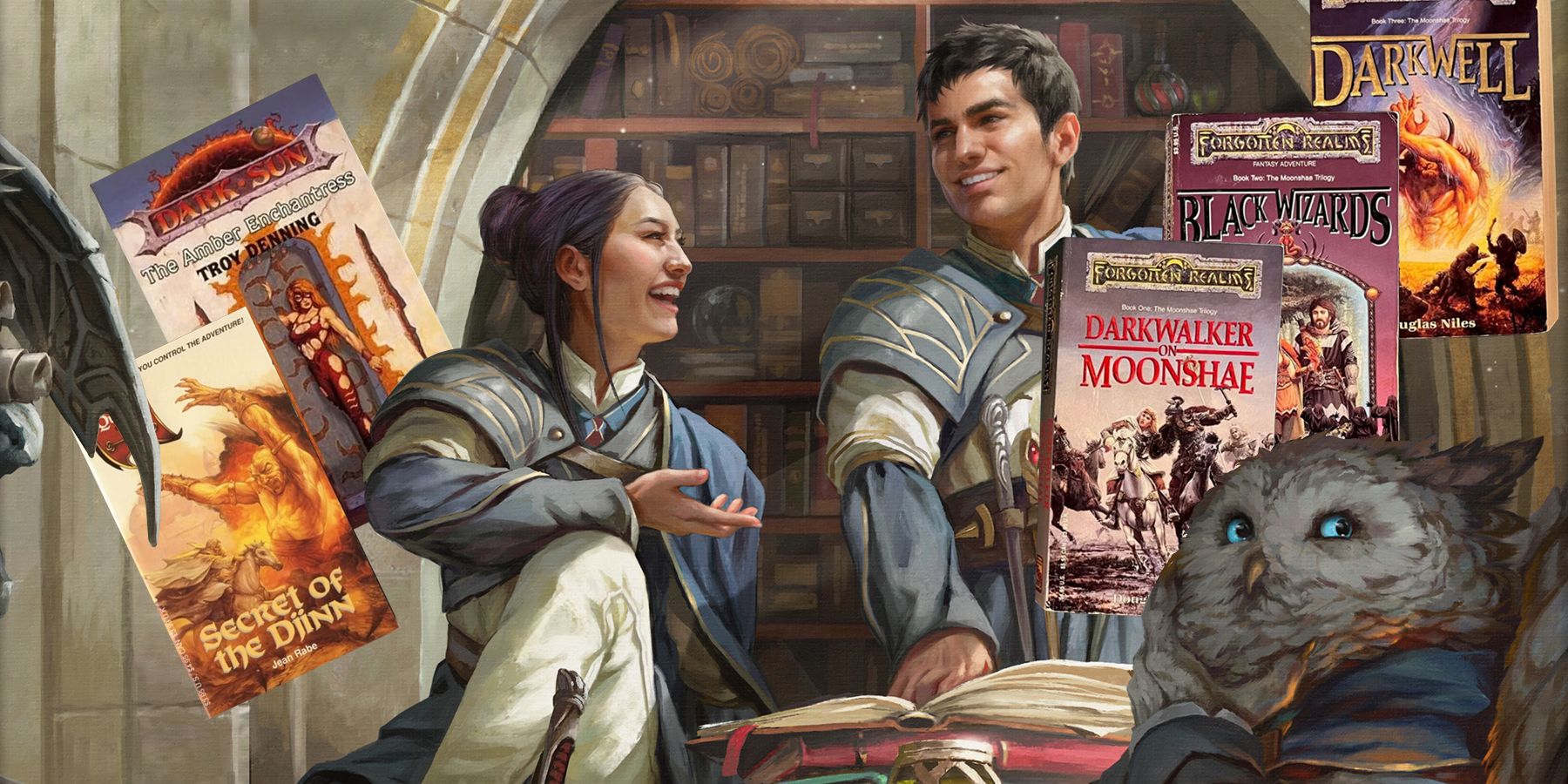
23 Best Dungeons & Dragons Novels, Ranked
Dungeons & Dragons players looking to explore the franchise's lore outside the games can check out these novels.
If possible, focusing the damage on one target at a time can quickly get rid of at least one enemy, and lead to fewer problems the next round. Of course, players should use their best judgment, but it is a handy tactic to have in the back of one's mind.
5 Hold Attacks If Needed
Patience Is A Great Virtue
The game has many creatures that excel at hiding or disappearing, just to quickly strike on their turn, and go back. From phasing monsters to digging and flying creatures, players might not always have the luxury of freely blasting at someone during their turn.
Holding an action might feel “less” than, say, a full barrage of attacks, but it is nonetheless invaluable for when the time calls for it. After all, a single attack is much better than having nothing at all to do during a turn.
6 Coordinate With The Team
At Least To Avoid Incinerating Each Other
This might seem fairly obvious, but many players can get carried away with “doing their own thing” in a fight and completely neglect their comrades. Aside from basics, such as surrounding an enemy to gain advantage, or tossing someone a healing potion, there is a lot that players can do together.

Dungeons And Dragons: 8 Great Campaigns For Small Groups (3 Players Or Less)
Dungeons and Dragons can be the most rewarding when playing it in small groups with these excellent campaigns.
After all, with different resistances and immunities, sometimes certain characters might not be able to do any damage at all. But someone might be able to grapple someone to the ground or use a support spell on a damage dealer. Coordinated attacks can work wonders, and should never be completely disregarded.
7 Take The Time To Learn More About The Enemy
Is It Really OK To Look At A Basilisk?
“If you know the enemy and know yourself, you need not fear the result of a hundred battles.” - (Sun Tzu, The Art of War). While quoting the general might have become more of a meme in recent years, that particular passage is no less for it, especially in D&D.
With so many unique abilities, hidden resistances, strange effects, and powers, players should always tread with caution against an unfamiliar creature. As time goes on, certain patterns will emerge and some assumptions can be made, but an odd monster can still have a nasty surprise up their sleeve.
8 Positioning Is King
Even For Flying Creatures
One’s position on a map decides so many combat aspects, and should never be taken lightly. Against a Lich, a clustered group can suffer from a fireball that envelops everyone at once. A well-positioned Ranger can rain down arrows while keeping perfectly safe behind good cover.
Melee attackers will have a much easier time if they manage to get on opposite sides of an enemy. Against mages and certain monsters, like dragons, lining up should also be a concern, as there are devastating attacks that work in a line or a cone. And good positioning can directly lead to a successful fight, even against the BBEG.
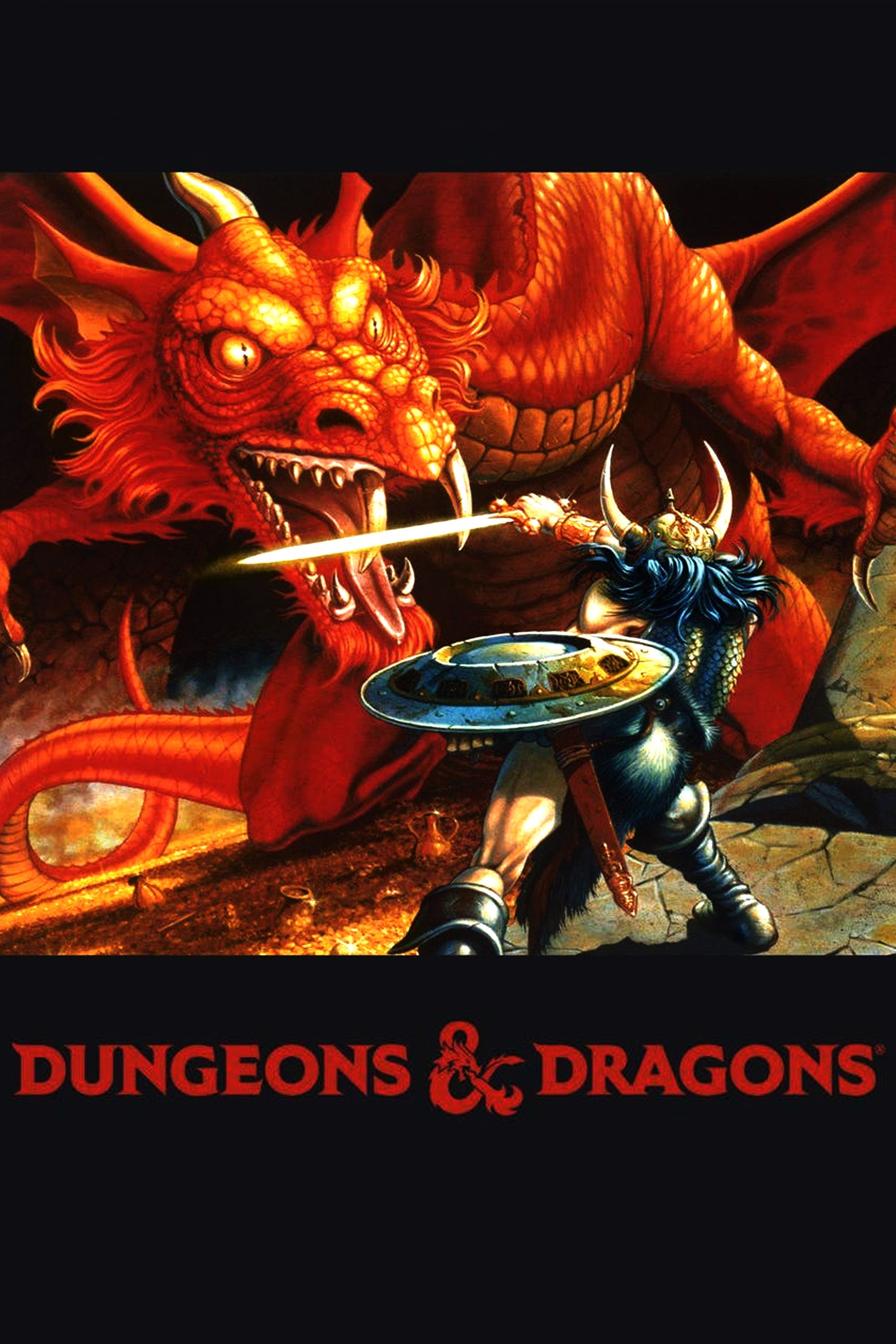
Dungeons and Dragons
- Original Release Date
- 1974-00-00
- Designer
- E. Gary Gygax , Dave Arneson
- Publisher
- Wizards of the Coast

